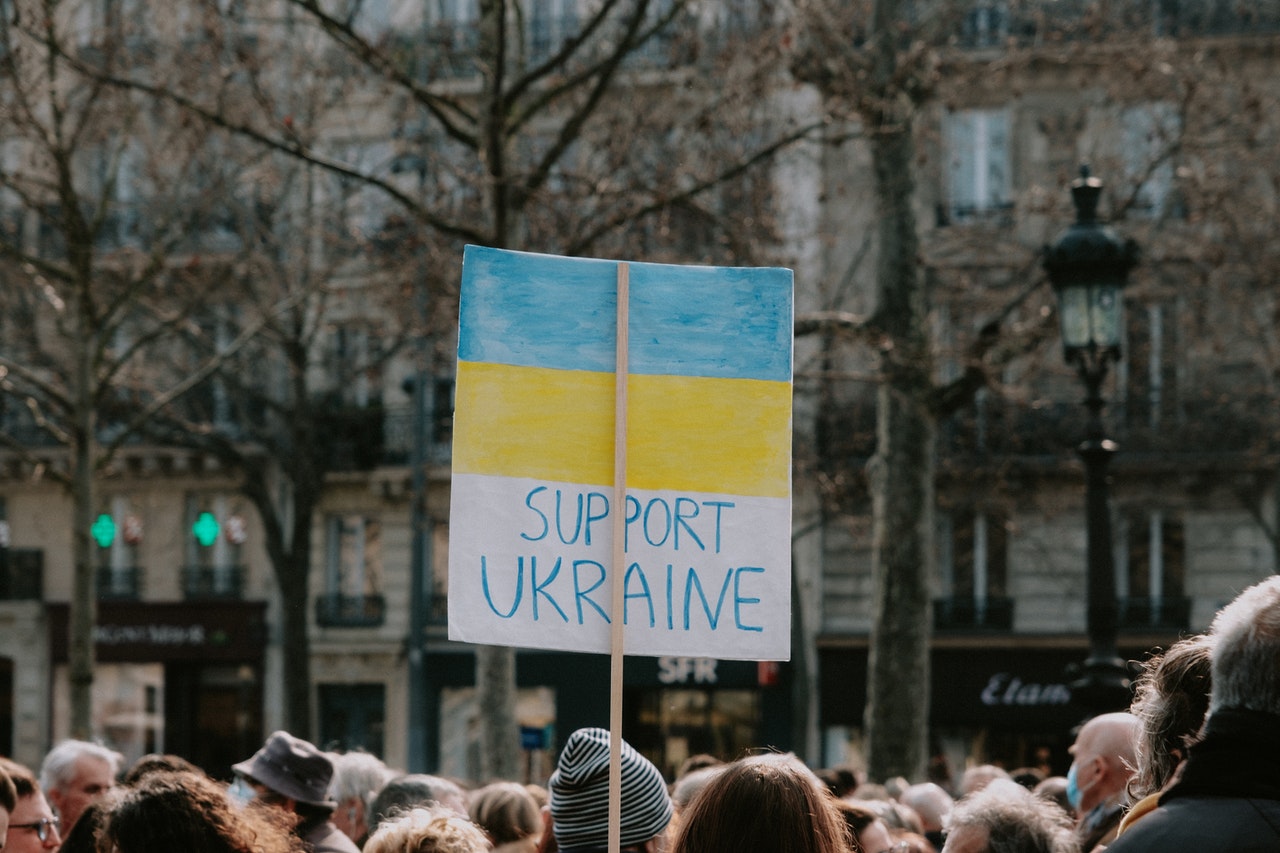The world has watched on with horror and dismay since Russian troops invaded neighbouring Ukraine in February. The tragedy unfolding in the Eastern European country has brought widespread international condemnation of the Russian government and its leader, Vladimir Putin.
It has also created a lot of concern about what the wider knock-on effects of the conflict could be. As well as the risk of the violence spilling over into a wider multinational standoff, not least of these concerns are the impact on oil, gas and food supplies, adding to the pressures already mounting on a fragile global economy.
Still reeling from the aftershocks of the COVID-19 pandemic, travel and tourism could be caught up in the turmoil, too. The broader conflict in the east of Ukraine has already resulted in one of the worst travel tragedies of the past decade, when passenger flight MH17 was shot down as it flew over the disputed Donbas region on the way to Kuala Lumpur, Malaysia in 2014.
Understandably, events like those unfolding in Ukraine create a lot of nervousness and uncertainty, especially for anyone planning on travelling to regions relatively close to the conflict. Here’s what you need to know about the possible fall out the war could have on travel plans.
Spiralling fuel costs
Trade sanctions imposed on Russia in retaliation for its invasion have seen the price of oil and gas soar. Russia is a major producer of fossil fuels, but many countries are now refusing to buy its exports, putting pressure on supplies from elsewhere. That greater demand is pushing prices sky high.
Like petrol and diesel, jet fuel prices are spiralling on the back of the squeeze on oil supplies. Not in a position to absorb these costs after the damage done by the pandemic, airlines will have little choice but to pass them on to passengers in the form of higher air fares.
On average, travellers could be paying 15% more per flight this year, with long haul flights seeing even higher increases.
Redirected routes
In a double whammy on costs, many flight routes between Europe, North America and Asia have had to be rerouted to avoid Ukraine and Russia. Not only are there safety concerns about flying over the conflict zone after the tragic fate of Flight MH17, but Russia has also banned airlines from many countries from using its airspace in retaliation for sanctions.
Taking a detour means longer flights, which means more fuel consumption and even higher prices. Some of the most heavily affected routes include those between Japan and Korea and Western Europe, with a return flight between London and Tokyo expected to cost up to £120 more.
Late cancellations
In terms of trips being cancelled, so far the war has only had a direct impact on travel to Russia, Belarus, Moldova and Ukraine itself. But there are fears the shockwaves from the conflict could eventually hurt travel across Eastern Europe, either due to an escalation or because travellers avoid the region, making commercial flights and package holidays unviable.
Countries in close proximity to Ukraine include Turkey, Bulgaria and Romania, which all have popular holiday resorts on the Black Sea. Some of the fiercest fighting in the war so far has taken place on Ukraine’s own Black Sea coast. Hungary, Slovakia and Poland all share borders with Ukraine, meanwhile. To the north, the Baltic States all have borders with both Russia and Belarus.
Whenever there is any kind of uncertainty around travel, the biggest risk to the holidaymaker is last minute cancellations. It doesn’t even need to be the threat of the conflict spilling over into these neighbouring countries – if travellers shy away from these regions, we could easily see flights being cancelled last minute by airlines if there aren’t enough passengers to make the trip cost effective.
If you are planning a trip of Eastern Europe or even Turkey this year, you would be strongly advised to take out a comprehensive travel insurance policy. Read the small print carefully and choose insurance that provides a robust level of cover for late cancellations, whatever the reason.
Government advice not to travel
Finally, another thing to keep an eye on is official government foreign travel advice. As things stand, UK authorities have only issued travel warnings to Ukraine, Belarus, Russia and Transnistria, a breakaway region of Moldova. That means they consider the risk of travelling to any neighbouring countries to be low.
That could change, however. You should also be aware that if government advice does change and warns against travel to a certain country, you will not be able to get valid travel insurance to cover your trip.



